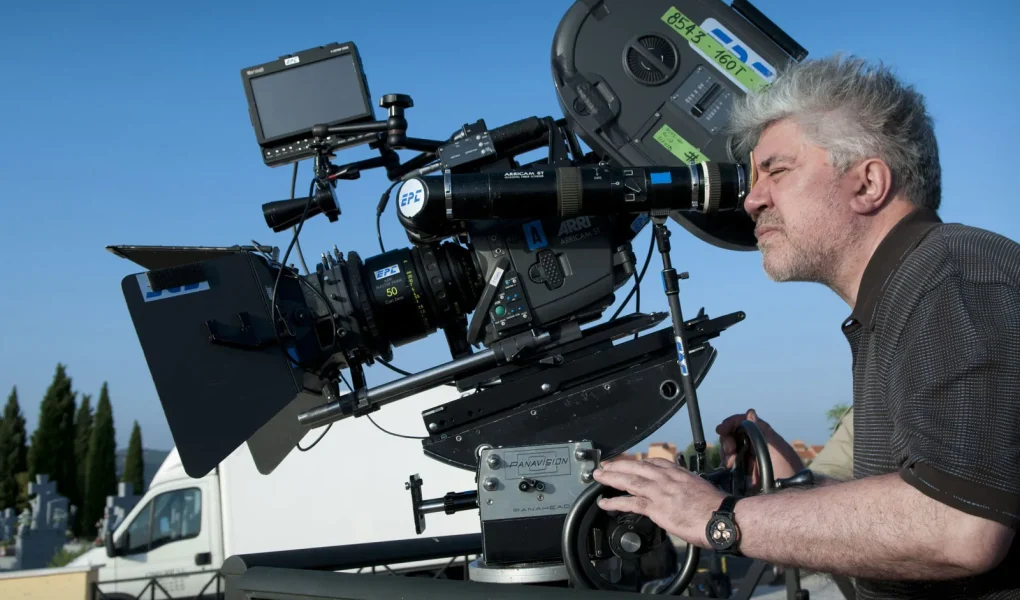kilkennybookcentre.com – The European film industry stands as a beacon of cultural richness and diversity. With a legacy that spans over a century, it has continually contributed to global cinema with its unique storytelling, artistic innovation, and cultural representation. From the silent films of early 20th century pioneers to the modern masterpieces celebrated at international festivals, European cinema has carved out a distinctive place in the world of film.
Historical Significance
European cinema has a storied history, with countries like France, Italy, Germany, and the United Kingdom playing pivotal roles. The French New Wave, Italian Neorealism, and German Expressionism are just a few examples of movements that have left an indelible mark on global filmmaking. These movements not only defined European cinema but also influenced filmmakers worldwide, offering new perspectives and techniques that reshaped the art of storytelling.
Cultural Diversity and Artistic Expression
The diversity of cultures within Europe is vividly reflected in its films. European cinema is celebrated for its ability to portray complex characters and narratives that resonate with audiences across different cultures. This cultural tapestry is supported by a commitment to artistic expression, often prioritizing narrative depth and character development over commercial considerations. This approach has led to the creation of films that are both thought-provoking and emotionally engaging.
The Role of Film Festivals
Film festivals play a crucial role in the European film industry, providing a platform for filmmakers to showcase their work to international audiences. Festivals such as Cannes, Venice, and Berlin are not only prestigious events but also serve as important cultural exchanges, fostering collaboration among filmmakers from around the world. These festivals are instrumental in promoting European cinema and highlighting its contributions to global culture.
Economic Impact and Support
The European Union and various national governments have long supported the film industry through funding and policy initiatives. Programs like Creative Europe provide financial assistance and encourage cross-border collaborations, ensuring the continuation of Europe’s cinematic legacy. This support has been vital in maintaining the industry’s competitiveness in an increasingly globalized market.
Challenges and Opportunities
Despite its successes, the European film industry faces challenges, including competition from Hollywood and the rise of streaming platforms. However, these challenges also present opportunities for innovation and adaptation. European filmmakers are increasingly exploring new forms of storytelling and distribution, leveraging digital platforms to reach wider audiences while retaining their cultural identity.
Conclusion
The European film industry remains a cultural powerhouse, celebrated for its artistic achievements and its ability to reflect the diverse societies from which it emerges. As it navigates the complexities of the modern world, it continues to be a vital force in global cinema, inspiring future generations of filmmakers and audiences alike.

